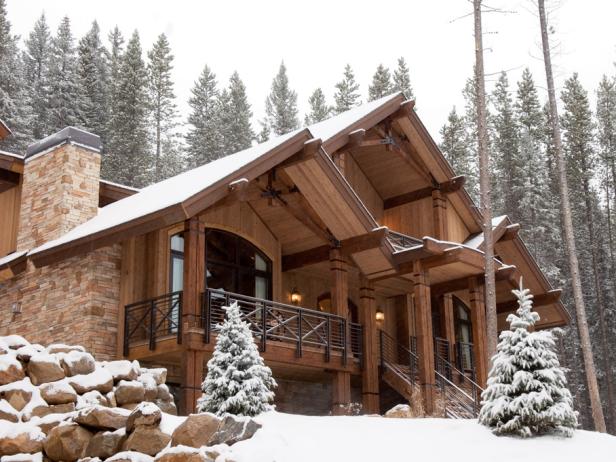Winter in Colorado is not as cold and snowy as people outside the state think it is, but it still gets cold and we usually have a couple really frigid weeks that will be unbearable if your home isn’t equipped to protect you from the elements.It is important to prepare your home for winter.
Worse, a really cold winter might not just be uncomfortable if your house isn’t prepared; it could be downright dangerous.
The Energy Resource Center helps income-qualified families in Colorado assess their home’s energy efficiency and identify ways to make their houses warmer and safer. Contact the ERC for help.
In the meantime, here are a few things you can do to try to shore up your house against the elements.
- Clean air ducts and replace furnace filters.
Have a professional clean out your air ducts if you can. This is something most people neglect and it’s something that often goes undone for years and years, allowing dust and dirt to build up inside of them, keeping the warm air your furnace sends out from circulating through the house.
Furnace filters are usually not very expensive — $5 to $15. Replacing them could dramatically increase the efficiency of your heating system.
- Seal air leaks.
Identify leaky windows and gaps around pipes that enter your home from the outside. Use caulk to seal them and keep the cold air outside and the warm air inside.
- Check for carbon monoxide dangers.
Colorado winters can be dangerous for families living in poorly maintained homes. Older houses aren’t always up to code and the heating systems, which often burn natural gas or sometimes use wood-burning stoves, could be leaking odorless, colorless and lethal carbon monoxide into your home.
To prevent carbon monoxide poisoning, make sure you have carbon monoxide detectors. They are required in all Colorado rental homes. Also check for leaks in or damage to any of your air ducts or furnace fixtures.
- Insulate water pipes.
If you have any water pipes coming into the house from outdoors or rooms that aren’t insulated, you can find affordable pipe insulation at your closest hardware store to wrap around them, preventing freezing. Frozen pipes can break and cause flooding inside your home.
- Block off big leaks.
Most windows in older homes aren’t thick and tend not to control the temperature well. Covering them with thick heavy drapes can help you keep the heat inside during the winter.
Fireplace flues are another common escape route for your heat. If you aren’t using your fireplace, consider installing a blocker, a bit like a large rubber balloon, that will close off your chimney. Just be careful to remember it’s there and remove it if you do decide to have a fire.
To read more about how to prepare your home for winter, visit https://www.erc-co.org/five-things-can-prepare-colorado-home-winter/

